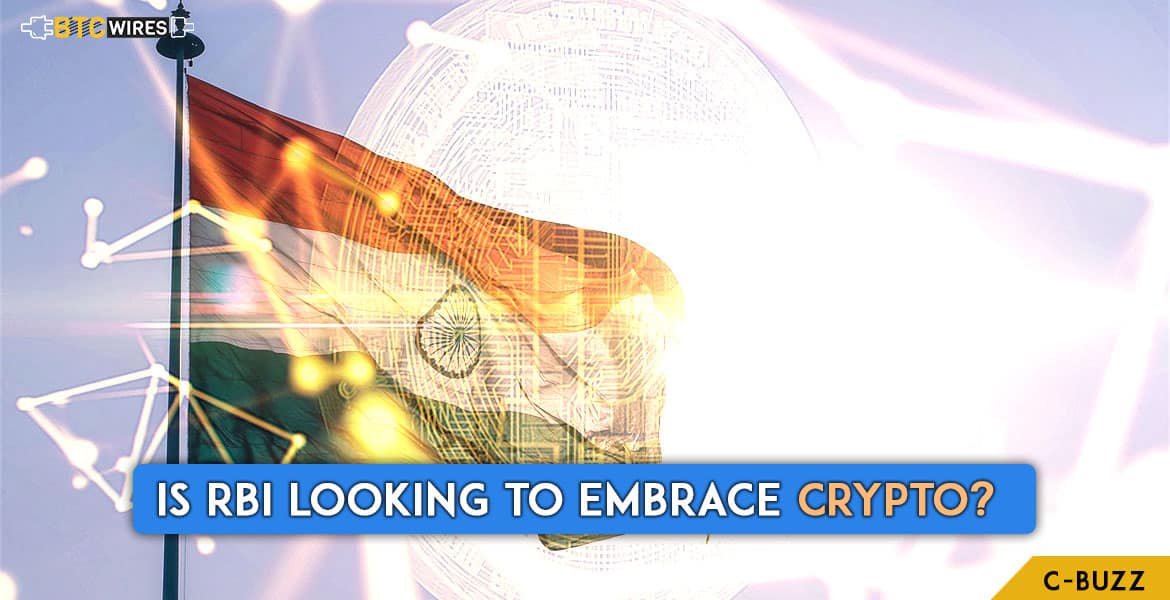A new plan by Reserve Bank of India (RBI) is

A new plan by Reserve Bank of India (RBI) is to cut rising costs of managing paper currency by introducing rupee-backed central bank digital currency (CBDC). India’s central bank RBI is creating an interdepartmental group to analyse the feasibility of issuing CBDC.
Rising costs of managing physical currencies are becoming a major concern for the central banks across the world. To reduce the cost central banks are exploring options such as digital currency. Rapid change in the payment industry and the rise of a private digital token is also a major concern for the central banks. Introduction of digital currency will not only help the RBI to reduce its hefty bills of minting physical currency but also RBI will become a significant player in the world of digital currency.
In India, the cost of printing paper currency was around $89 million for the financial year 2018. As the price is enormous, the RBI can save significantly by introducing digital currency. Reserve Bank of India said in its Annual Report 2017-18 that inter-departmental group would help the RBI to know the feasibility and desirability of rupee backed digital currency.
Indian Rupee will back digital currency which will be offered by RBI. When an asset like gold or fiat backs the digital currency it is known as a stable coin. The cryptocurrencies which are not backed by any assets, for example bitcoins, are highly volatile, while the value of stable coins is not as volatile as cryptocurrencies. Some stable coins which have become popular are Tether and TrueUSD, while US Dollar backs both of these stable coins.
Petro the supposedly stable coin introduced by the Venezuelan Government is backed by the oil and mineral reserves of the country. India’s central bank also has the plans to launch similar kind of stable coins which will be backed by Indian rupee.
To protect the consumers, RBI has imposed the ban on banks and payment gateways which are registered in India from offering crypto related services. This step of RBI has forced the crypto exchanges to shut their operations or to move on peer to peer model. RBI According to Reserve Bank of India cryptocurrencies do not pose a systemic risk, but the rising popularity of crypto can lead to a price bubble. The major concern for the governments is an investor and consumer protection and market integrity. Cryptocurrency eco-system can also influence the transmission of monetary policy.
